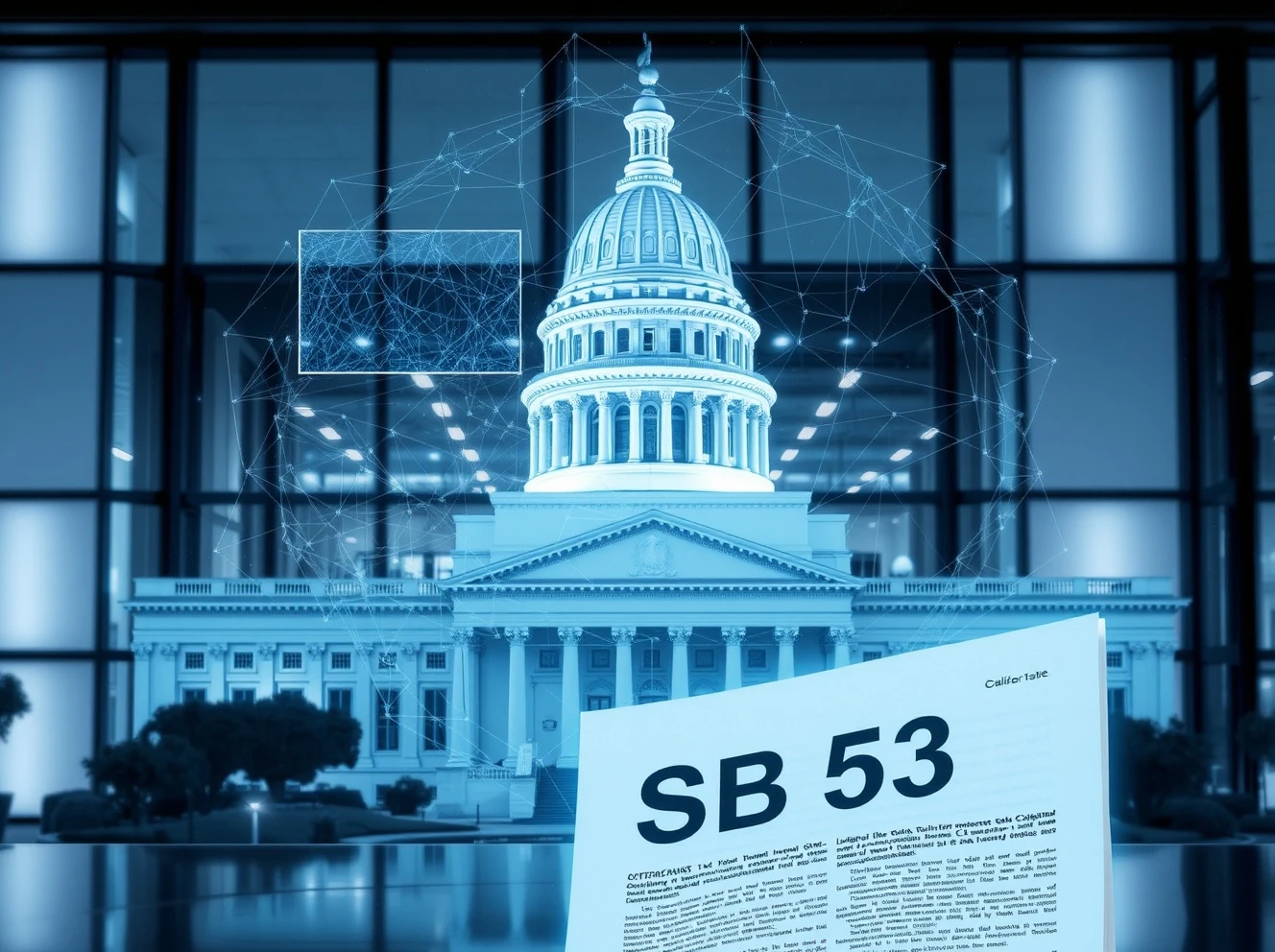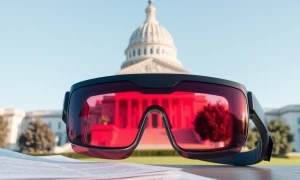California’s groundbreaking SB 53 legislation represents a pivotal moment for artificial intelligence governance, specifically targeting major tech corporations with unprecedented regulatory measures. This strategic approach focuses exclusively on companies generating over $500 million annually from AI models, creating what experts call a meaningful check on big AI companies’ power.
Understanding SB 53’s Targeted Approach
California state senator Scott Wiener crafted SB 53 with precision, learning from previous legislative attempts. Consequently, the bill specifically applies to AI developers exceeding $500 million in annual revenue from their AI models. This narrow focus effectively targets industry giants like OpenAI and Google DeepMind while protecting smaller startups from regulatory burden. Moreover, the legislation has gained significant support from unexpected quarters, including AI company Anthropic’s endorsement.
Key Provisions of California’s SB 53
The legislation introduces several critical requirements for covered companies. First, mandated safety reports for AI models ensure transparency about potential risks. Second, incident reporting protocols force immediate government notification of safety breaches. Third, whistleblower protections empower employees to report concerns without corporate retaliation, even overriding standard NDAs. These provisions collectively create accountability mechanisms previously absent in the AI industry.
Why State-Level AI Regulation Matters
California’s unique position as the global AI hub makes SB 53 particularly significant. Essentially, every major AI company maintains substantial operations within the state, giving California legislation disproportionate influence. Furthermore, with federal AI regulation remaining stagnant under the current administration, state initiatives like SB 53 become crucial testing grounds for effective governance models. This state-level action could potentially establish national standards through precedent.
Comparing SB 53 to Previous Legislation
Senator Wiener’s previous bill, SB 1047, faced substantial opposition for its broad application to all AI companies. Conversely, SB 53’s narrowed scope addresses industry concerns about stifling innovation while maintaining robust oversight. The current legislation demonstrates thoughtful compromise between safety requirements and economic considerations. Additionally, the $500 million revenue threshold ensures only established players face the strictest regulations.
Potential Impact on AI Industry Practices
SB 53 could fundamentally reshape how major AI companies operate. Regular safety reporting requirements might force more rigorous testing protocols before model deployment. Incident reporting mandates could accelerate response times to emerging risks. Whistleblower protections may encourage earlier identification of potential issues within organizations. Collectively, these changes could establish new industry standards for responsible AI development.
National Implications of California’s SB 53
California’s legislation arrives during a critical period for federal AI policy. The current administration has expressed opposition to state-level AI regulations, potentially setting up legal challenges. However, SB 53’s targeted approach might withstand federal scrutiny better than broader measures. Other states frequently follow California’s regulatory lead, suggesting SB 53 could become a model for nationwide AI governance.
FAQs About California’s SB 53
What companies does SB 53 affect?
SB 53 specifically targets AI developers generating over $500 million annually from their AI models, primarily affecting major players like OpenAI and Google.
How does SB 53 differ from previous AI legislation?
Unlike broader previous attempts, SB 53 focuses exclusively on large corporations while exempting startups from the most stringent requirements.
What are the key requirements under SB 53?
Covered companies must publish safety reports, report incidents to government authorities, and provide whistleblower protections for employees.
Why is California regulating AI instead of the federal government?
With federal action stalled, California’s position as the AI industry hub makes state-level regulation both practical and influential.
When could SB 53 take effect?
The bill awaits Governor Newsom’s signature or veto, with potential implementation following his decision and standard legislative timelines.
Could SB 53 face legal challenges?
Yes, particularly given federal opposition to state AI regulations, though its narrow scope might improve its legal standing.








